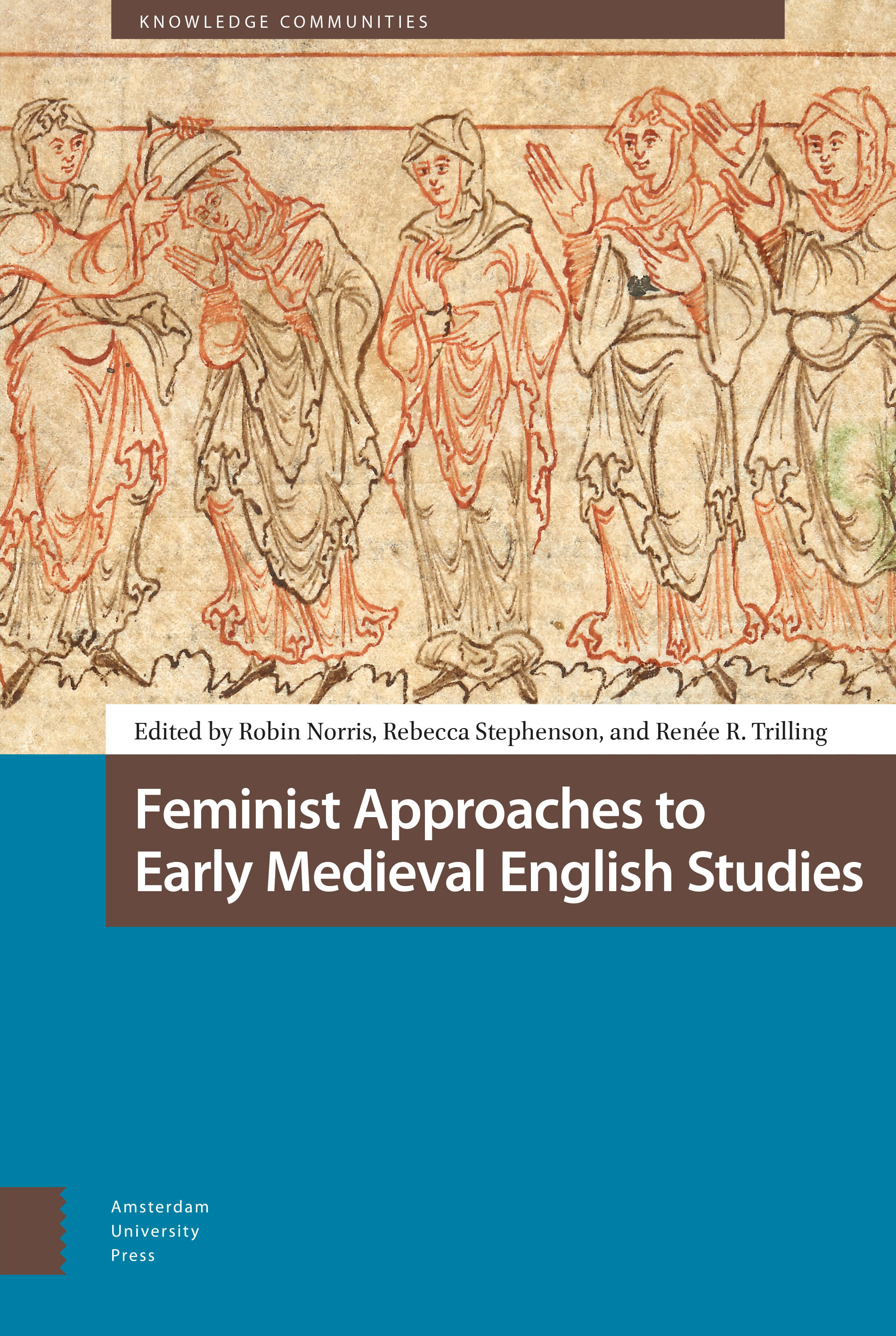13 - “Historical Accuracy,” Anonymity, and Women’sAuthorship The Case of the Case for Beowulf
Published online by Cambridge University Press: 19 April 2023
Summary
Abstract
This essay collates and synthesizes many works of feminist Old Englishscholarship in the service of a thought experiment: what ifBeowulf was written and/or inscribed by a woman, bywomen, and/or for an audience of women? How might these possibilitiesshape our interpretations of the text? In particular, the articleidentifies possible connections to the Encomium Emmaereginae, to the lives of women and transgender saints, andto women’s and dual-house monastic foundations. The themes ofmonstrosity and travel are shown to resonate with gendered anxietiesabout childbirth and maternity, and Beowulf the “bear-man”is read as a gender-neutral confessor figure who models the idealvirtues of both abbots and abbesses.
Keywords: Emma of Normandy, Hrostvit of Gandersheim, Hild ofWhitby, St. Margaret of Antioch, St. Euphrosyne
The term “historical accuracy” in the title of this essayrefers to that aspect of a vision of history whereby it conforms to thedominant positions in the published, peer-reviewed scholarship thatinterprets a given corpus of primary historical evidence. As Adrienne Shawand other scholars of historical gaming have argued, unexamined notions ofhistorical accuracy can constrain conversations about the past to accidentalfields of likely probability, where interpretations of the evidencepredominate not because of their unique adherence to the facts, but becauseof convention and convenience. Similar constraints commonly shape scholarlyrepresentations of the past, as plausible claims go unexpressed only becauseeveryone assumes beforehand that no one will give them credence, though eventhis presumption may be false—the majority may be more open toalternative framings of history than we expect.
As Diane Watt discusses in the introduction to her important recent book,early medieval women’s authorship is an excellent example of an areaof study where progress has been hampered by critical deference tounderexamined notions of historical accuracy. Though Europeanculture’s patriarchal structures did indeed limit medievalwomen’s access to education and writing, this is hardly a sufficientreason to assume that any given anonymous medieval text was written by anauthor who identified as a man, especially if the text in question seems atall unusual.
- Type
- Chapter
- Information
- Feminist Approaches to Early Medieval English Studies , pp. 377 - 400Publisher: Amsterdam University PressPrint publication year: 2023

